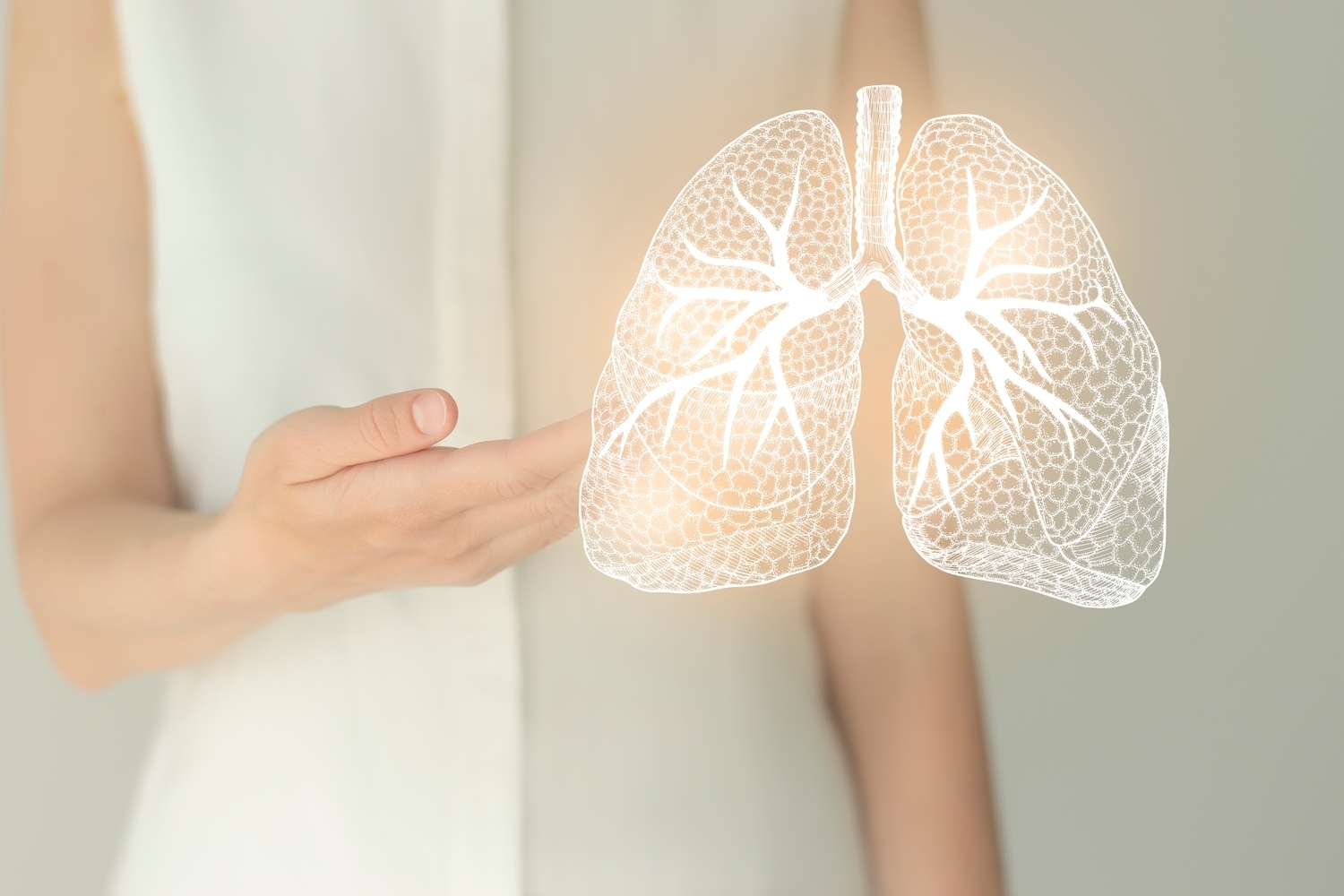
10 Warning Signs of Bronchiectasis
Bronchiectasis is a chronic lung condition that can significantly impact one’s quality of life. Recognizing the early warning signs is crucial for timely diagnosis and treatment. This article will explore some of the key bronchiectasis breathing symptoms that you should be aware of to ensure you seek medical attention when necessary.
1. Persistent cough
One of the most common signs of bronchiectasis is a persistent cough. This isn’t your typical cough that comes with a cold or flu; it’s a chronic, ongoing cough that doesn’t seem to go away. This cough is often productive, meaning it brings up mucus. If you find yourself coughing up mucus frequently, it’s time to consult a healthcare professional.
2. Frequent lung infections
Do you find yourself battling lung infections more often than others? Frequent lung infections can be a significant indicator of bronchiectasis. These infections occur because the damaged airways make it easier for bacteria to settle in and multiply. If you’re experiencing repeated bouts of pneumonia or bronchitis, this could be a red flag.
3. Shortness of breath
Shortness of breath, especially during routine activities, is another symptom to watch out for. This happens because the airways are obstructed and inflamed, making it difficult for air to move in and out of the lungs. If climbing a flight of stairs leaves you gasping for air, it’s time to get checked out.
4. Chest pain
Chest pain or discomfort is another symptom that shouldn’t be ignored. This pain can vary from mild to severe and is often due to the inflammation and infection in the airways. While chest pain can be caused by many different conditions, persistent or recurring chest pain warrants a visit to your healthcare provider.
5. Fatigue
Living with bronchiectasis can be exhausting. The constant coughing, frequent infections, and difficulty breathing can leave you feeling drained. Fatigue is a common symptom that often accompanies other bronchiectasis breathing symptoms. If you find yourself unusually tired despite getting enough rest, it could be a sign of an underlying issue.
6. Clubbing of fingers and toes
Clubbing, or the swelling and rounding of the tips of the fingers and toes, is a less common but significant sign of bronchiectasis. This occurs due to chronic low levels of oxygen in the blood. If you notice changes in the shape of your fingers or toes, it’s essential to seek medical advice.
7. Wheezing
Wheezing, or a high-pitched whistling sound when you breathe, can also be a symptom of bronchiectasis. This occurs when the airways are narrowed or blocked. Wheezing is often more noticeable during exhalation and can be a sign that your airways are inflamed and obstructed.
8. Hemoptysis
Hemoptysis, or coughing up blood, is a serious symptom that should never be ignored. This can happen when the blood vessels in the airways are damaged due to chronic inflammation and infection. If you ever cough up blood, seek immediate medical attention.
9. Unintended weight loss
Unintended weight loss can also be a warning sign of bronchiectasis. This can occur due to the increased energy expenditure from constant coughing and fighting infections. Additionally, the discomfort and fatigue can reduce your appetite, leading to weight loss. If you notice a significant drop in your weight without trying, it’s time to see a doctor.
10. Night sweats
Night sweats are another symptom that can be associated with bronchiectasis. These are episodes of excessive sweating during the night that can drench your sleepwear and sheets. Night sweats can occur due to the body’s response to chronic infection and inflammation. If you’re experiencing night sweats along with other symptoms, it’s important to get evaluated by a healthcare professional.
Conclusion
Recognizing the warning signs of bronchiectasis is crucial for early diagnosis and effective management. Persistent cough, frequent lung infections, shortness of breath, chest pain, fatigue, clubbing of fingers and toes, wheezing, hemoptysis, unintended weight loss, and night sweats are all symptoms that should not be ignored. If you or a loved one are experiencing any of these bronchiectasis breathing symptoms, it’s essential to consult with a healthcare provider for a thorough evaluation and appropriate treatment. Early intervention can make a significant difference in managing this chronic condition and improving quality of life.


